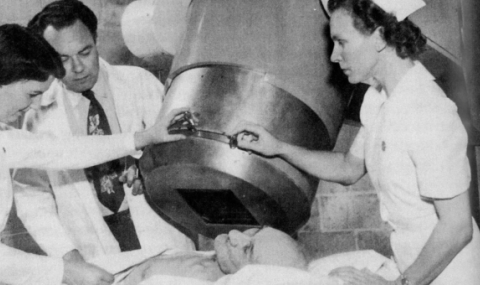The patient in the MSICU can benefit from the visiting of their loved ones and close family members. However, the patient also needs time to rest and heal. The bedside nurse will make an effort to coordinate visiting of family with timing of other procedures and tests, so that the patient can have time to rest during the day.
Please talk with the bedside nurse each day to determine when is the best time to visit, and generally how the patient is doing today. Visitors are limited to two people at a time to reduce the noise and stimulation around the patient.
Here are some ways to support the social, emotional, and spiritual well-being of your family member:
- Allow plenty of time for sleep and rest. Most patients in intensive care experience a lot of disruption in their sleep because of the unfamiliar environment, fears about illness or injury, and the strange machines and sounds. People who are ill need much more sleep and rest to give their bodies a chance to heal.
- Bring in a picture of your loved one when he or she was well. A familiar picture or favourite thing from home can help reduce anxiety. This helps the staff get to know your family member too!
- Understand that he or she may go from being very bored to overwhelmed. Distractions like a favourite movie, music, or recorded books, can help relieve some boredom.
- Support your family member in expressing thoughts and feelings at their own pace. People who are sick or injured are not always feeling like themselves. There are many changes and new challenges, and your loved one may not react to the situation as you would expect. It is helpful for them to have their concerns listened to by family as well as staff. Often patients do not remember their time in the MSICU. Some patients have reported that having families keep a journal of their stay in critical care was helpful as a way to remember what happened.
- Feel free to ask for help from social work or spiritual care if that is something your loved one would want. Both of these services can be helpful to patients and families who are working through very difficult times.



